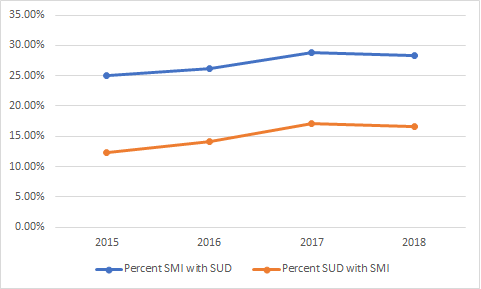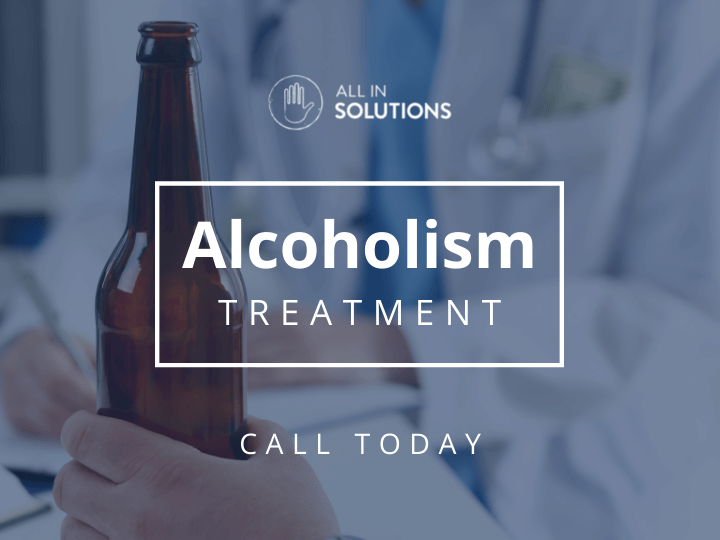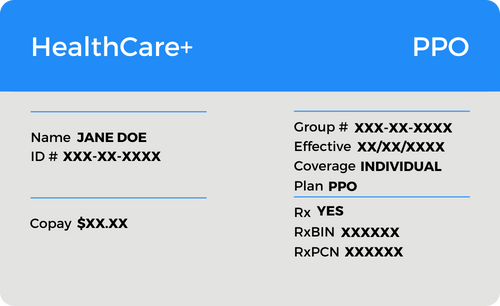Unfortunately, the signs of alcohol addiction might not be noticeable right away. Some people might start to notice changes in their drinking patterns suddenly, while others can take years, if not decades, to truly grasp the scope of their addiction.
The National Institutes of Health has categorized people that are able to function with alcoholism and still continue to do their regular jobs and interact with their families as belonging to the Functional subtype. However, just because someone can function with alcoholism does not mean that need less help than someone who immediately notices a change in their drinking patterns. On the contrary, it’s important to pay attention to the signs of alcoholism and get help from an alcohol rehab if you or a loved one notice them.
Signs of alcohol addiction include:
- Alcohol cravings
- Blackouts when drinking
- Increased tolerance to alcohol
- Increased agitation
- Mood swings
- Anxiety
- Feelings of loneliness
- Depression
- Guilt
- Hiding your drinking from others
If you suspect a loved one is suffering from alcoholism, you might notice other signs such as:
- Inability to fulfill school or work duties
- Sneaking or suspicious behavior
- Asking for money to purchase alcohol
- Increased legal problems related to alcohol
- Buying mouthwash or gum to hide their breath, or smelling alcohol on their breath
- Visible signs of intoxication such as slurred speech or poor balance
- Changes in demeanor such as low energy or fatigue
- Loss of interest in things that used to bring them joy
- Changes in weight, such as weight loss or weight gain
- Swollen or puffy face







